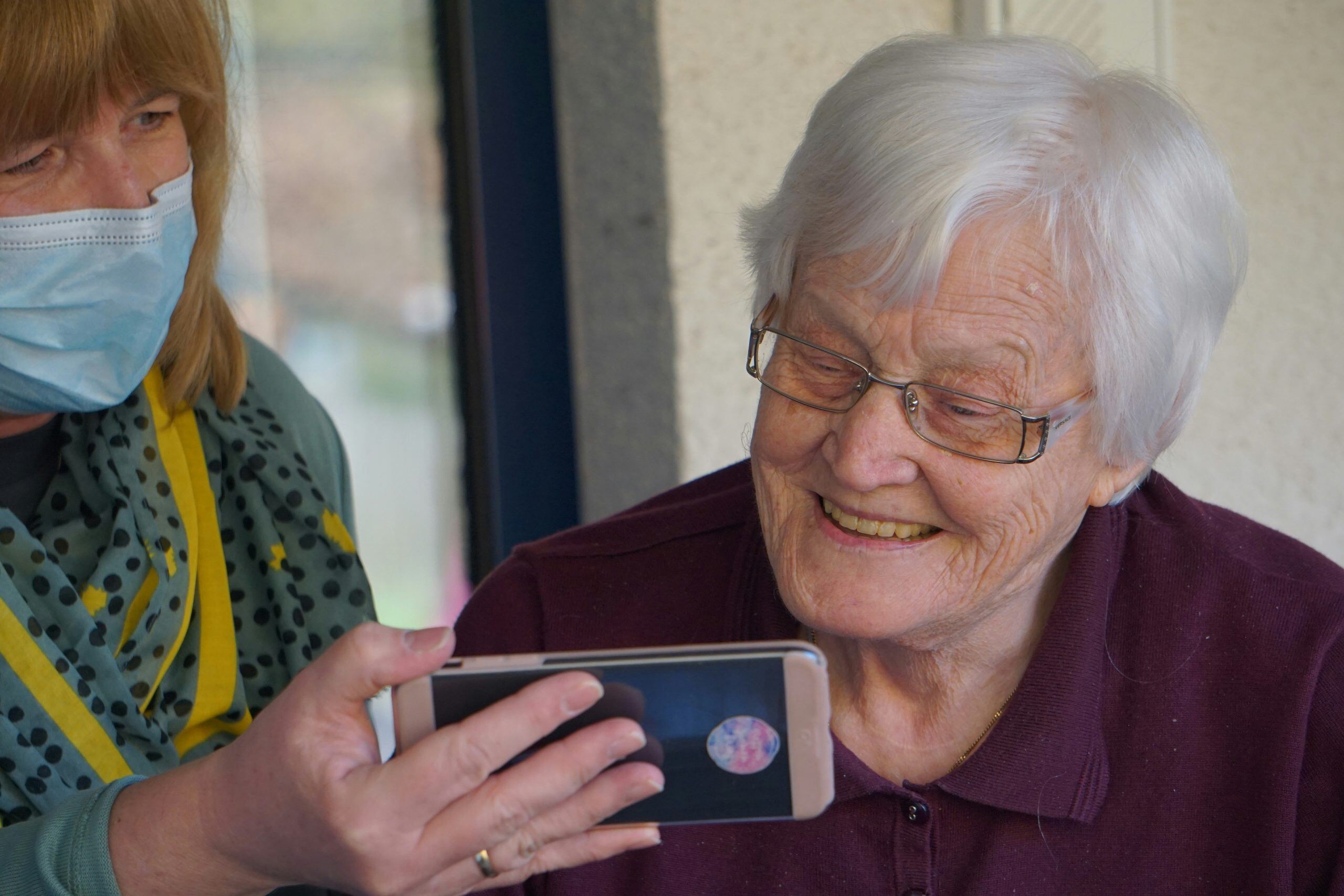Establishing a cohesive library: improving the user journey of a Secure Data Environment
Baljit Chahal, Programme Manager, Kent, Medway and Sussex SDE, and Adam Milward, CEO, MetadataWorks, discuss the data user journey of a Secure Data Environment.

Kent, Medway and Sussex Secure Data Environment (KMS SDE) provides a range of services aimed at accelerating research and innovation and ultimately improving patient care. The regional organisation is a member of the NHS Research Secure Data Environment Network, consisting of a total of 11 regional SDEs across the UK.
Looking to be best in class in terms of data management and aiming to federate or combine data sets with other SDEs to provide one unified, easy to search catalogue of health data to improve outcomes, KMS SDE approached MetadataWorks at the beginning of 2024 with the aim of facilitating significant improvements to their data user journey.
What are the objectives of an SDE?
KMS SDE shares its primary objectives with the other regional Secure Data Environments within the NHS – all are designed to securely store, manage and optimise regional health and social care data.
Its primary objectives include:
- Accelerating research and innovation: providing approved researchers with secure access to comprehensive de-identified health datasets to facilitate medical research and improve patient outcomes
- Upholding data privacy and security: ensuring that patient information is de-identified and access is restricted to authorised users, thereby maintaining confidentiality.
Since January 2024, KMS SDE and MetadataWorks have been working together to ensure the SDE’s data strategy is in the best possible shape to facilitate these aims.
What needed to be done to improve the data user journey?
Let’s take a moment to consider a library. One might be entering the institution with a very specific idea of the required book, ‘Great Expectations’ for example. We expect to be able to use the library’s internal system to quickly and easily find the book we want-perhaps searching by title or by author. In other cases, one might have a general area of interest, say nineteenth century fiction, and be looking to understand which books in the library might be suitable without the need to look through every book in the building. Jane Eyre, Frankenstein and Wuthering Heights might fill the bill, but the subject is unlikely to be interested in Fly Fishing For Dummies and Year Two Maths Practise. A library goer is also likely to be hopeful to find a wide selection of literature to choose from. Three or four books are unlikely to draw a crowd, its simply too unlikely anything on offer will suit the needs of the visitor.
Our health data follows the same principles. Researchers want to quickly and easily find the information they are looking for, without the need to inspect huge volumes of irrelevant data, whether that be general categories of data or specific points of information. They also want access to as much relevant data as possible, to help draw more meaningful conclusions.
To accelerate research and innovation and health service planning, KMS SDE firstly wanted to promote awareness of the data and make it findable and accessible – or more appealing - to researchers, health professionals, industry and academia.
Secondly, the team wanted to ensure the data was interoperable – to work together with other healthcare organisations to facilitate the best outcomes and improve the scope of future research. Simply put, the more quality data available to users, the more reliable any findings and the easier to identify patterns, track changes and draw useful conclusions.
These primary goals are supported by Health Data Research UK (HDR UK), the UK’s national institute for health data science. Its goal is to unite, improve, and use health data by providing a single user-friendly access point for health data across the UK.
Kent, Medway and Sussex Secure data environment user journey: the project so far
KMS SDE holds large volumes of datasets including primary care, secondary care, social care, demographics and mental health. When easily accessed by the right researchers and professionals, these datasets can be key to improving quality of care.
Tasked with improving data discovery and interoperability, MetadataWorks and the team at KMS SDE has:
- Created a user-friendly interface to help data users get to grips which what data is available and know how to quickly and easily access what they need whilst maintaining the highest security standards
- Further assisted with the promotion of the datasets via integrated search engine optimisation.
- Made 50 data products discoverable, with 45 more in the pipeline
- Significantly improved the dwell time of data users once they are engaged with the platform
- Propelled KMS to be the first SDE to automatically federate with the new HDR gateway, improving efficiency and ultimately widening their data audience
- Started to use the NHS data dictionary to enhance the standardisation of terminology within their datasets to enable more efficient and reliable data sharing.
What the future looks like
The project continues this year, with plenty more to do. As other SDEs federate to the new HDR gateway, the team is looking towards ‘cohort discovery’ whereby approved researchers will be able to search collated data from across the SDE network, opening the doors to new possibilities in terms of research scope and accuracy.
Join the conversation
To find out more about the project, ask a question or make a comment, book a time to discuss the work with the MetadataWorks team or contact the KMS SDE team at scwcsu.kmssde@nhs.net to enquire about the KMS SDE Programme.
 By
By


